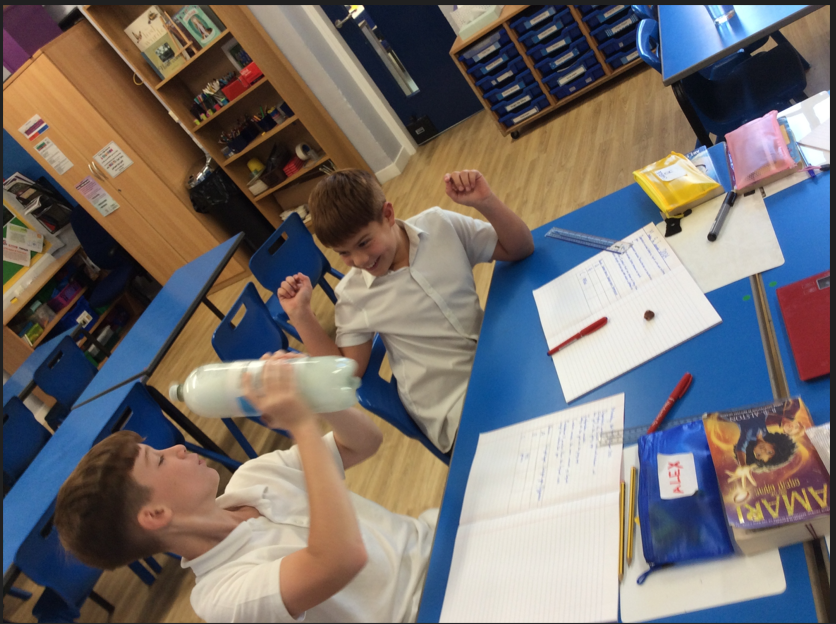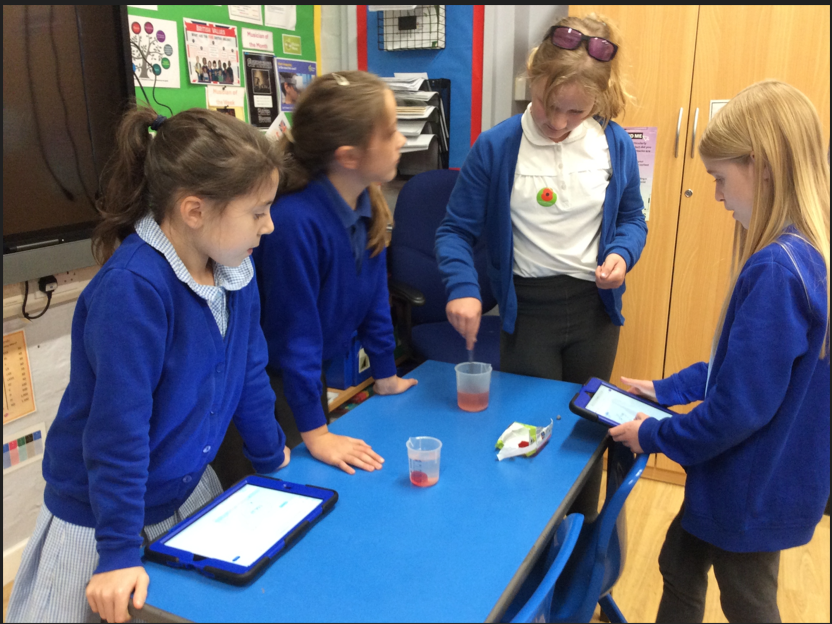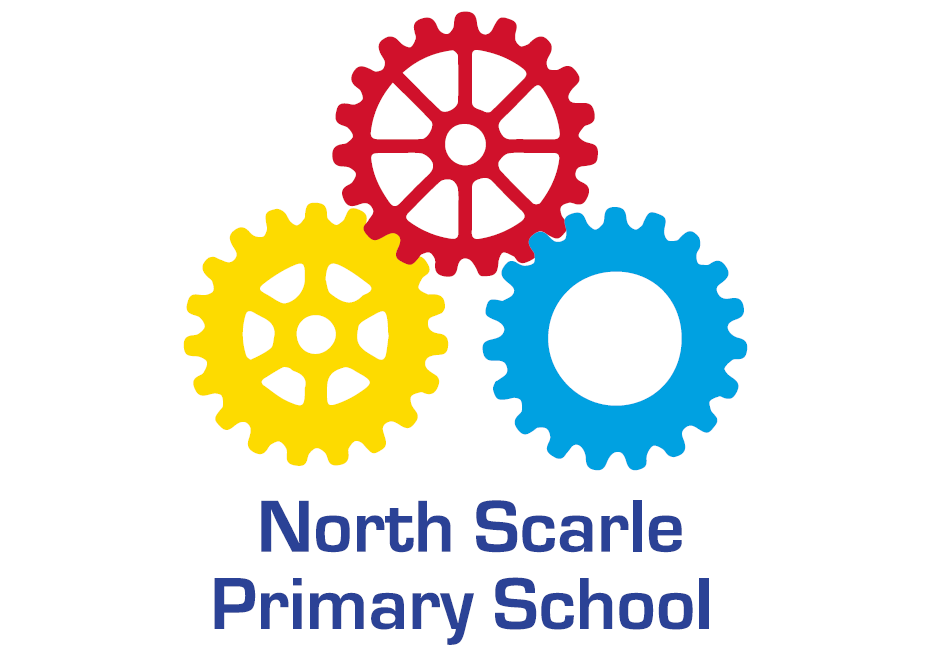Science
Science at North Scarle Primary School
The purpose of our science curriculum is to embed the natural curiosities children have about the world around them.
Our four key threads are our vision and weave through everything we do at North Scarle Primary School:
Our inclusive approach from the design of our curriculum to the delivery within our classrooms enables us to let children ask questions, wonder, consider and reason. Our curriculum seeks to develop the twelve key concepts from the National Curriculum that they will revisit throughout their primary school education.
We want our pupils to be inspired by our planet, have a passion for science engaging with past, present and future technologies within our world. We hope our children are excited to learn and actively engage with hands on investigations.
Enrichment opportunities weaved through the curriculum enhance our pupils’ abilities to make connections with the world around them. We have designed our cohesively planned science curriculum to be aspirational so that all pupils can achieve success.
How is science taught at North Scarle?
Curriculum design: Our curriculum has been designed to be broad, balanced, and progressive, spanning key scientific concepts, skills, and knowledge appropriate for each stage of primary education. Learning starts in Class 1 from when children join us in EYFS (Early Years Foundation Stage). Children will begin to explore and learn through photos, stories, and hands-on exploration of equipment and experiments.
Our science curriculum is built around our concepts developed from the National Curriculum and links to our own community and locality. Purposeful cross-curricular links are planned to support and strengthen learning where appropriate. Science in EYFS is underpinned by the ‘Understanding the World’ objectives as set out in our personalised EYFS Curriculum. Our EYFS Curriculum relates to the objectives as set out in the Early Learning Goals, with clear progression from our littlest of learners (aged 3) to our end of Reception children.
Science is delivered through a 2-year cycle, planned carefully to ensure children receive the best possible sequence of learning experiences within a small school setting. It is taught on a weekly basis, across the whole school, where children are split into 4 groups across the school (Little learners/EYFS, Year 1/2, Year 3/4 and Year 5/6). Our cycles ensure children are accessing the correct learning within their year group and are exposed to a range of experiences suitable to their learning at the time. Underpinned through these cycles are opportunities to investigate and work scientifically through all key concepts. Children will be given the opportunity to recall, apply and share their understanding of scientific concepts through whole class and group discussion which promotes high order thinking skills.
Active learning: we employ a variety of engaging and interactive teaching strategies such as field work, experiments, role-playing, and multimedia resources to make science lessons stimulating and relevant to pupil’s lives.
Cross-curricular activities: science is taught as a stand-alone lesson but is also integrated within other subjects, such as geography, history, and English, to provide a holistic understanding of the world and to reinforce learning through interdisciplinary connections.
Real world contexts: we incorporate real-world examples, case studies, and current events to make science relevant and meaningful to pupil’s lives, fostering a deeper understanding of local and global issues and perspectives.
Practical experiences: Field trips, virtual excursions, and outdoor learning opportunities are integrated into the curriculum to provide first-hand experiences of different environments and technologies used to support our scientific world.
What is our intended impact for science?
We intend for our Year 6 leavers to have:
• The ability to think independently and raise questions about working scientifically and the knowledge and skills that it brings.
• Confidence and competence in the full range of practical skills, taking the initiative in, for example, planning and carrying out scientific investigations.
• Excellent scientific knowledge and understanding which is demonstrated in written and verbal explanations, solving challenging problems and reporting scientific findings.
• High levels of originality, imagination, or innovation in the application of skills.
• The ability to undertake practical work in a variety of contexts, including fieldwork.
• A passion for science and its application in past, present and future technologies.


